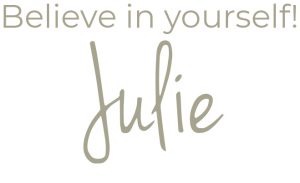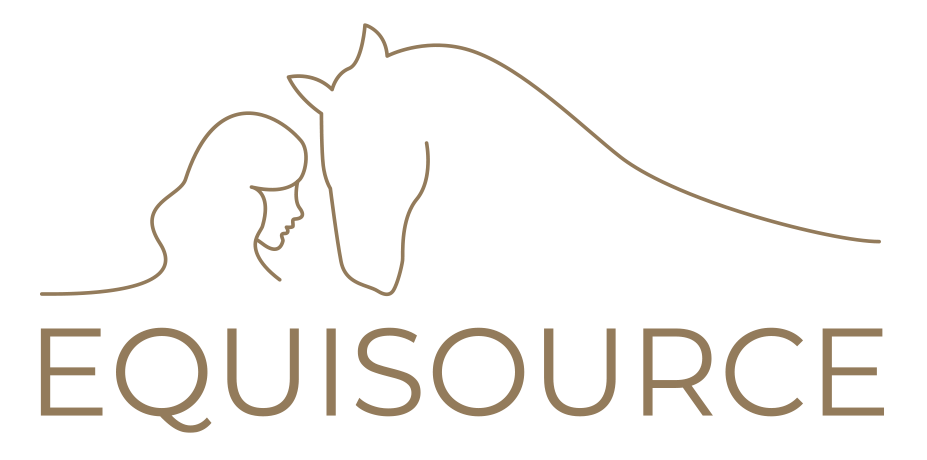
When we interact with horses, we are given the opportunity to look inside our inner world and understand what is really going on. Horses have a remarkable ability to reflect our internal world in ways that allow us to discover who we really are. If we are willing, we have the chance to embark on a journey of self-discovery. Horses relate with people in a very raw and honest manner, completely attuned to the moment. Why are they so good at mirroring who we really are? Well, first they interact authentically with humans, and there are no buts or maybes; it’s just black or white. We can learn from horses how to be more authentic our-selves. Or, perhaps, that our leadership skills need to be more passive and not so dominant. We can even learn how to communicate better, enabling us to send out clear messages.
It is easy to explain the horse’s ability to interpret and reflect an individual’s mental-emotional state by explaining that horses do not lie; they remain in the present moment and are non-judgmental. One of my strongest observations of horses is that they are very forgiving when it comes to interacting with humans. We have made them go through so much because we want them to fulfill our needs. In the wild, they are wired to be in a herd, to graze, walk, sleep, play and follow the leader from one area to another.
With human domestication, we deny them the right to do so. Since then, for thousands of years, they have been obliged to serve humans, for war, transportation, agriculture, and sports, just to name a few. Did anyone bother to ask them their opinion? The answer is no…. because they have such a strong sense of loyalty to the leader (in this case, a human) that is so respectful, they just do what they are asked to do.
The thing that really saddens me when we interact with horses is that, in many cases, we ask in the wrong way for what we want, and when the horse doesn’t give the right response, we get mad, frustrated, and even punish them when, in reality, if our demand had been clear, the feedback would have been exactly what we needed as a response. They don’t question or judge our expectations, instead they just give us the appropriate feedback. So, when we get inappropriate responses, we should know that we need to improve our communication skills. We have so much to learn from this. If we look closely, we can see that horses do not lie. They are incapable of deceit and cannot invent the reality of who you really are inside. They don’t identify themselves with Ego; they are prey animals and need to survive, so that is what they identify with; “is this situation safe or a threat to my life”? They remain in the present because they are not identified with an ego that is attached to the past or the future.
What is so magical is that horses create a space that reflects on ourselves. I’m a good leader or I’m scared and trying to hide it. Is my communication only one way; What is my intention; What am I trying to communicate; What energy do I bring to this encounter? These are all questions that, once answered and understood, we will be able to use that knowledge as relationship skills with our partner, our children, work colleagues etc. This new understanding will result in more harmonious relationships in our personal lives.
We say that horses mirror human emotions because the non-verbal communication and behavior of a horse truly reflects the energy, emotions, and intent of the individual person. Working with horses allows us to practice these relationship skills in an emotionally safe environment because, once again, horses do not judge our behavior, they simply give us feedback.


